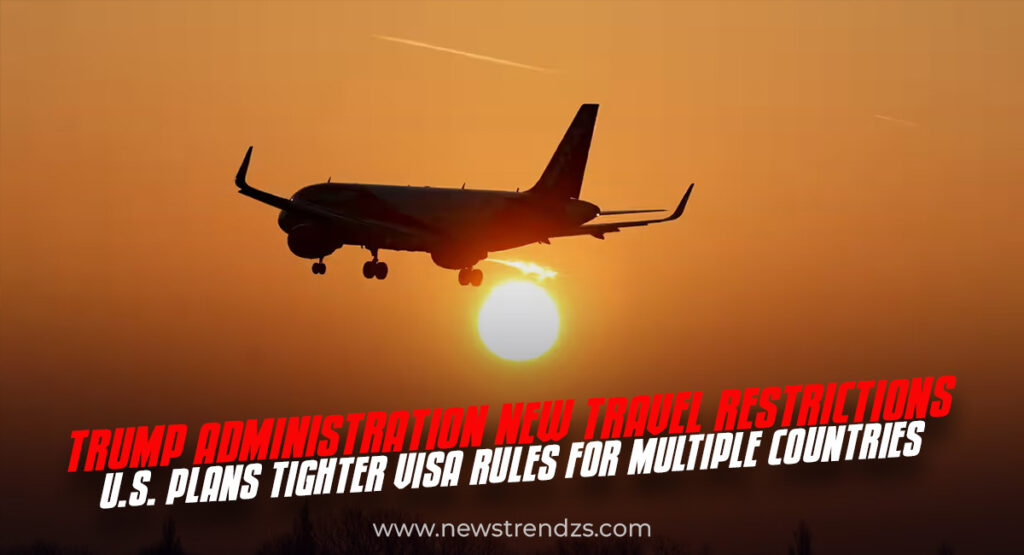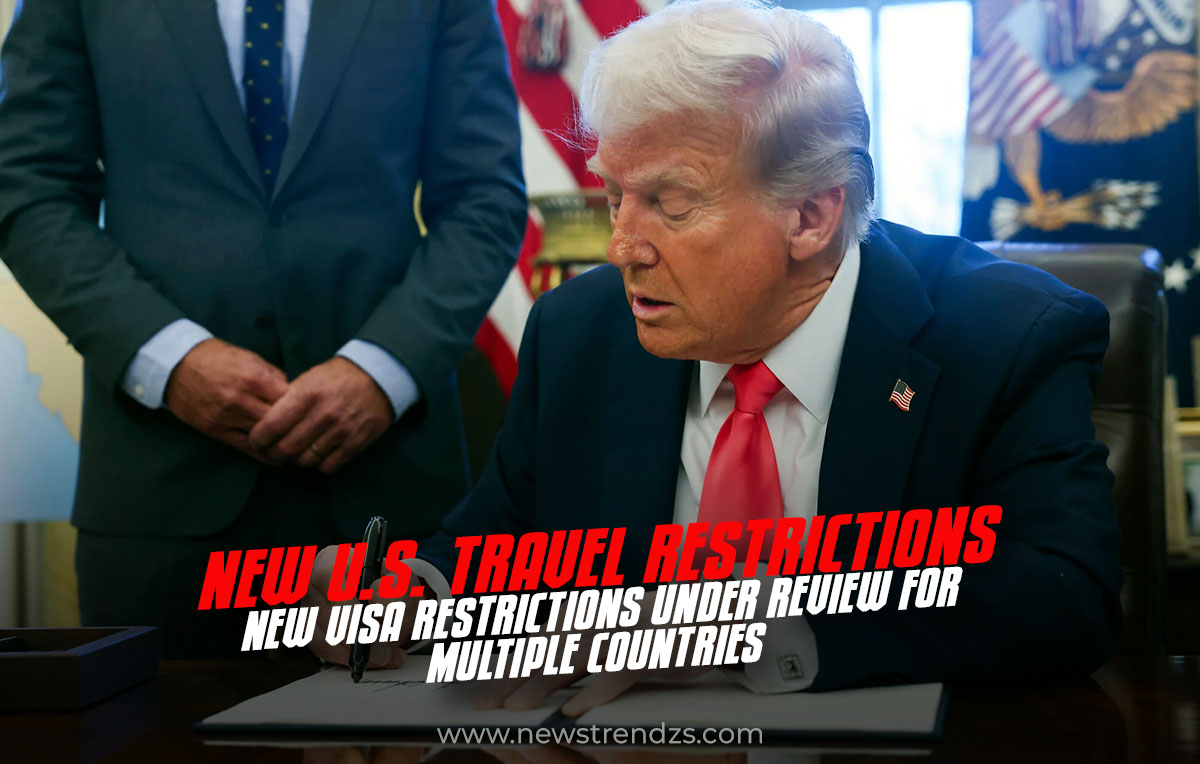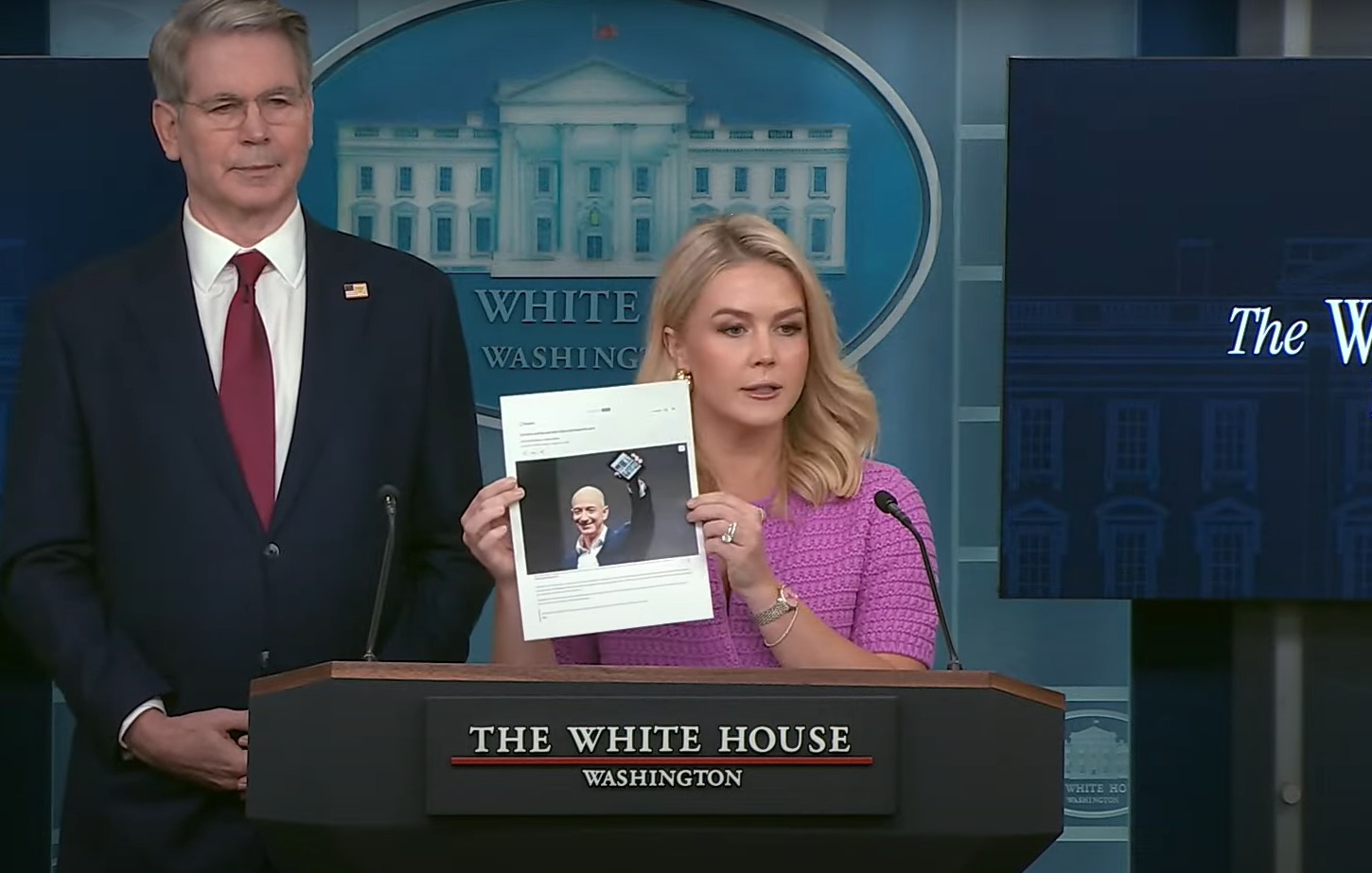The Trump administration is said to be considering imposing new travel bans on citizens of many countries as part of a revised immigration policy. The proposed steps would place 41 countries into three categories in the world, each with different levels of visa restrictions, according to sources and an internal memo seen by Reuters.
Breakdown of Proposed Restrictions
The first group consists of ten countries like Afghanistan, Iran, Syria, Cuba, and North Korea, among others, to which the visa issuance would be totally suspended.
The second group has five countries—Eritrea, Haiti, Laos, Myanmar, and South Sudan—to which partial restrictions would be imposed. These restrictions would be placed on student, tourist, and a portion of immigrant visas, although some exceptions may be made.
The third group comprises 26 countries, such as Belarus, Pakistan, and Turkmenistan. These countries might face a suspension of visas in part if their governments do not resolve security issues within 60 days, according to the memo.
Policy Context and Executive Order
The new measures are consistent with an executive order signed on January 20, requiring increased security screening for foreign nationals applying to enter the United States. The order requires several government agencies to create a list of countries that do not meet the requirements of sufficient vetting and screening information.
In Trump’s first year in 2017, a comparable policy on limiting travel from largely Muslim-populated countries was criticized as a “Muslim ban” and became a topic of legal dispute. Earlier, in response to an attack by a terrorist in San Bernardino, California, Trump had suggested a temporary suspension of Muslim immigration until tougher security protocols were in place.

Immigration Crackdown and Deportation Measures
As per its latest immigration policy, the administration has also stepped up deportation actions against individuals who have links with suspected crime and extremist groups. Venezuela’s Tren de Aragua, El Salvador’s MS-13, and Mexico and U.S.’s 18th Street Gang are some of them.
Furthermore, some of the foreign-born students have been stripped of their immigration status or were arrested on charges of being involved in demonstrations and activities deemed supportive of extremist stances. Ironically, Columbia University graduate Mahmoud Khalil and student Leqaa Kordia were both arrested by immigration authorities. Ranjani Srinivasan, an Indian doctoral candidate at Columbia University, opted to leave the nation voluntarily after she was linked by authorities to extremist groups.
Official Statements
Homeland Security Secretary Kristi Noem underlined that visa benefits should not be given to those who are involved in activities that encourage violence or extremism. “It is a privilege to study and live in the United States,” Noem said. “When you advocate for violence and terrorism, that privilege should be revoked.”
The final list of banned countries has not been officially approved yet, and modifications may still be introduced after internal reviews by the administration and the Secretary of State, Marco Rubio, World News reports.





